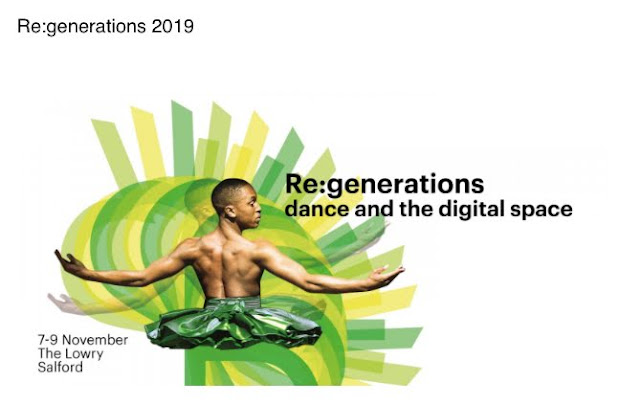BAPP acknowledges that ‘I’ am in the situation through the qualitative nature of the methods you are encouraged to use, such as Ethnography. Ethnography acknowledges a place for the ‘I’ in research. Narrative inquiry acknowledges the problem that you encounter when trying to inquiry using ethnography as you attempt to represent and communicate your embodied experience.
The BAPP course encourages you to use of ethnography and narrative inquiry. This originates in an interest in better understanding the conditions of experience or embodied experience. Ethnography and narrative inquiry are used to acknowledge attempts to communicate across the isolation and immediacy of empirical agency (feeling). How to explain your feeling and thoughts?
Ethnography and the narrative turn also allows your essay (for example) to acknowledge the Reader who similarly plays a role in the translation of meaning having their own continuity of experiences as they interact with the activity of the reading of your work. In other words, ‘you’ are writing to someone about what you think.
However, neither ‘ethnography’ nor ‘narrative’ are standardised terms therefore let us take a moment to define how they are used here. Classic Ethnography has its roots in nineteenth century anthropological research (Hammersley et al. 2007). Researchers such as Robert E. Parks and Frederic Milton, within what is now known as the Chicago school (1920 to 1950) began to question the location of ‘other’ cultures. As they started exploring groups within their own country and communities, they also gave ethnography a broader scope.
The inferences of subject / object (observer / observed) of early ethnographic study were replaced by the idea we are all a part of an event. An idea that resonated with methods for allowing for the embodied in research. Today ethnography covers a range of approaches but central to them all is the researcher’s voice, thoughts and experiences being present in the data. The use of ethnography in research can acknowledge that ‘I’ am not an impartial observer but ‘I’ feeland this becomes a part of the situation/event (Clifford et al. 1986). To do this you can use your own reflective notes as part of the data and cite them in the same way you would cited participants’ notes or verbal comments. You also need to use first person throughout your work on MAPP.
Likewise, the narrative turn has broadened from its early beginnings in 1900s where researchers attempted to give ‘objective’ accounts of events. As narrative became a credible method in research it retrospectively became a vehicle for the voice of the ‘other’. The documentary voice of women and those who had colonising imposed on them had been captured in narrative accounts in the past and the development of narrative inquiry method gave new legitimacy to these accounts. (Clandinin and Connelly 2000; Denzin and Lincoln 2000). Feminist theory particularly saw the significance of rethinking historical and social constructions by considering whose voice describes events and situations (Clifford et al. 1986; Strathern 1995).
In the late Twentieth Century the notion of narrative inquiry was further interrogated by a crisis of representation that generated exploration into experimental writing pushing the boundaries of narrative by raising questions about how researchers can attempt to engage with ‘truth’ within a non-positivist paradigm. Within sports science and dance the problem of capturing the embodied experience is highlighted by the dualist informed divide between words and actions that a range of experimental narrative strategies attempt to address (Sparkes 2002). (i.e. they attempt to present the felt within the experience – this is why we ask for an artefact as well as straight written essay more than one way of explaining the complex experience of doing something - in the case of the final artefact case the experience of doing the inquiry.)
Bibliography
Clandinin, D. J. and Connelly, F. M. (2000) Narrative inquiry: experience and story in qualitative research ,Jossey-Bass education series, 1st ed.,San Francisco, Calif.: Jossey-Bass.
Clifford, J., Marcus, G. E. and School of American, R. (1986) Writing culture: the poetics and politics of ethnography, School of American Research advanced seminar series, Berkeley, CA ; London: University of California Press.
Denzin, N. K. and Lincoln, Y. S. (2000) The handbook of qualitative research, 2nd ed., Thousand Oaks, Calif. ; London: Sage.
Hammersley, M., Atkinson, P. and Dawsonera (2007) Ethnography: principles in practice, 3rd ed.,London: Routledge.
Sparkes, A. C. (2002) Telling tales in sport and physical activity: a qualitative journey, Champaign, IL: Human Kinetics.
Strathern, M. E. (1995) Shifting contexts : transformations in anthropological knowledge, Routledge.

